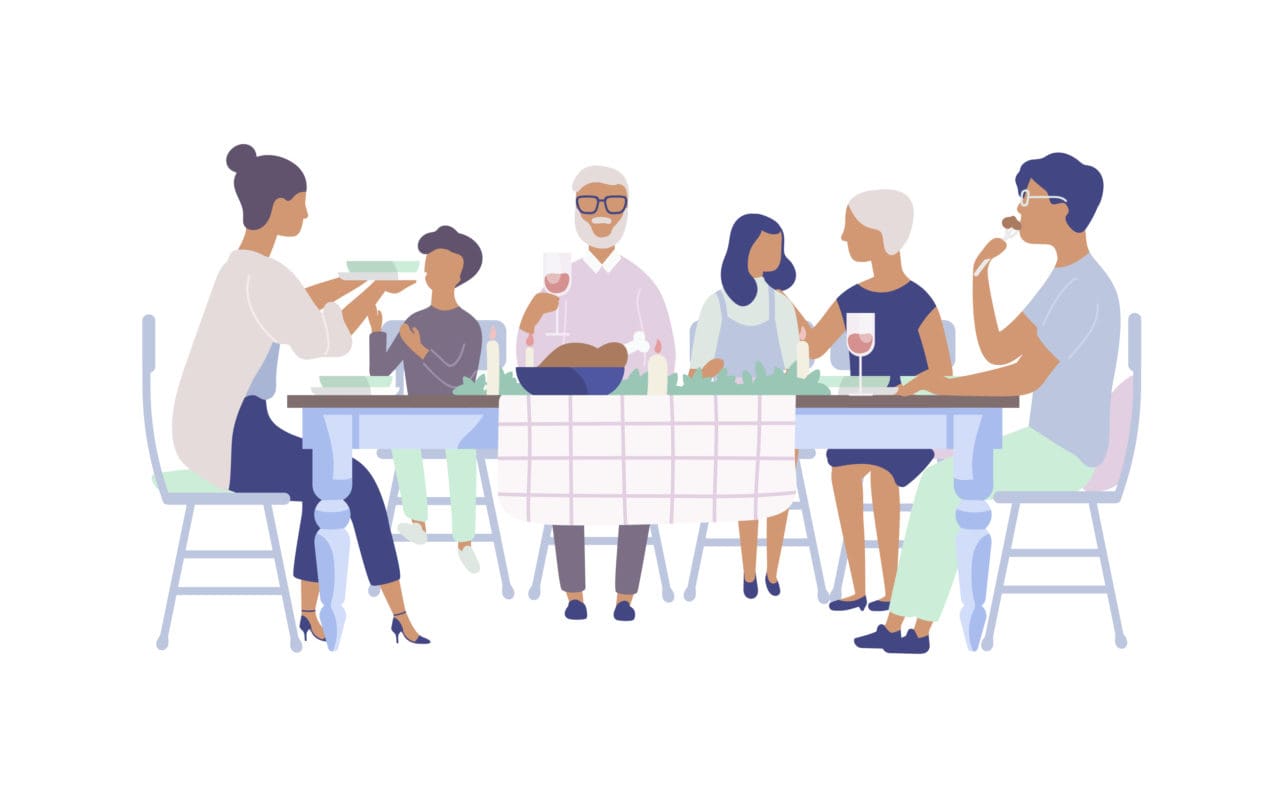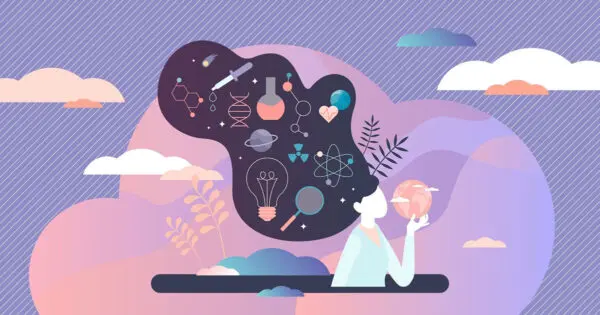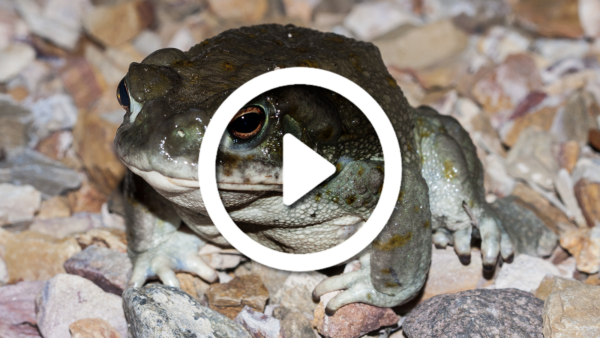It’s Friday night, the weekend of Spring Break. Your teenage son answers the door to find a friend outside on the porch in an altered state of mind. He is in no position to be in public and could end up in serious trouble, so you and your son invite him in to offer a safe place until the psychedelic wears off.
Or perhaps your daughter is away for the week at summer camp, and you surprise her with a new bed — only to find a stash of magic mushrooms beneath the mattress. Maybe it’s your eldest child that’s shocked you the most when a call from the police station wakes you up in the middle of the night to let you know they are being held for public intoxication or intent to sell. Or your young son has been caught by school officials for selling psychedelic substances he bought online. Or the worst-case scenario: the hospital calling to tell you your teen accidentally died from an opiate overdose when using contaminated ketamine.
Have You Had The Drug Talk?
In all of these scenarios, the situation would likely have been different if the parents had already held the “psychedelics” conversation. While we’re not here to give you word-for-word guidance, this article will cover a few key points to make during this critical discussion. But before you talk with your kids about psychedelics, you’re going to have to have the “drug talk” first.
Today, most young people know others who use cannabis, and by nature of the media, are probably more familiar with psychedelic research than their parents. Even if you have your own experiences to draw from, which you think would form useful stories for your kids, it’s important that you don’t let these biases dictate the conversation, and instead allow room for questions and thought experiments.
This article will not tell you what to say but rather how to approach the discussion. For more tailored dialogues, we suggest finding a harm reduction expert that specializes in youth advocacy.
What Not To Teach Your Kids About Drug Use
Like many members of the D.A.R.E. and “Just Say No” generation, today’s parents are having a very different discussion about drugs with their children than their parents may have had with them. Abstinence was once taught as the only way to address the risks of drug use. The downside of this approach is that it is not true, kids know it, and they don’t appreciate being lied to (did you?).
Once someone knows they’ve been misled, they tend to question everything they’ve been taught. For some, the realization that drugs should not be criminalized comes later in life, but for young see holes in this policy early on, trusting adults and authorities can become a serious problem. Honesty tends to be the best policy, but the context (and age) is very important to consider (which we’ll get to later).
The idea of a “gateway drug” could be better described as a “verification process” as young people seek to test and verify the truth of projected risks, harms, or benefits of drugs.
What Are Drugs Anyway?
Humans have sought to change their conscious awareness through the use of psychoactive substances for millennia, and this is not going to change in our lifetimes, if ever. We seek these alterations naturally.
There is no need for a moral imperative to be made when having the “drug talk” with younger kids, but rather, it can be more focused on science, physiology, and how amazing it is that our bodies are constantly managing all the compounds we ingest.
Preventing Drug Use Stigma in Childhood
Even as children, we spin in circles as fast as we can until the world is a dizzying blur of colors, our tummies turn, and we feel a sense of euphoria. Our vision is blurred, we cannot walk straight, and we tumble into a group of friends amidst laughter and play. Altering one’s mental state, believe it or not, is fun, natural, and part of the human experience.
To make the “drug talk” simpler, try expanding the definition to include the fact that there are many kinds of drugs, all with different risks and different interactions when combined with other drugs, and even with certain foods. This can go along with teaching kids not to forage for wild foods without an adult who knows the lay of the land — because sometimes, plants and medicines can be poisonous.
Expanding Drug Definitions in Pre-Teens
Drugs help to alleviate pain and suffering and to heal and inspire. But when other systems and supports are out of balance, and when the body and person are not in homeostasis, we can fall into repetitive cycles of behavior that become detrimental. But, that does not mean that drugs are inherently bad.
Instead, drugs are technically any compound that can be consumed, ingested, or otherwise introduced into the body to elicit a physiological response. The “bad” part comes from social context, not from an inherent quality of the substance itself. When we treat some drugs as “bad” and simultaneously condemn people for using them, we create a perpetuating cycle of stigma and self-harm that can be difficult to overcome.
As children move into their teens and hormones create a whole new host of drug-induced physiological changes, the “drug talk” can help remind kids that everyone is different. Every body is different, and every drug will impact people differently.
Sometimes those with health conditions are at a greater risk. And while that risk can be managed if we are in a place with nurses or medical support, that doesn’t help us if we have an undiagnosed congenital heart defect and we are sneaking out to experiment with substances.
It’s important to reiterate that the body is constantly working to maintain homeostasis, and when we introduce drugs into our bodies, we interrupt whatever processes are going on. If our bodies aren’t familiar or equipped to handle what we’re putting in, we can put ourselves at risk, not just regarding physical health but also mental health.
Without trying to scare children with horror stories, you can simply remind them that their unique physiology requires self-care, their body needs self-nurturing, and their health is also part of their responsibility. That responsibility includes asking for help when they have questions about drugs or drug use of any kind.
Sensible Drug Use Definitions for Teens
By this point, your kids have been navigating substance use conversations with their peers, have had some form of drug education at school, and may have recognized that their family members, celebrities, and many sectors of society are grappling with drug misuse and dependencies.
They may have internalized media portrayals of drug use and identified with the “outcast” trope and stigma often applied to people who use drugs. At an age where self-esteem and identity are still developing, some young people may feel like the only way to manage their internal state is by living up to society’s expectations of them. And if society expects people who use drugs to be countercultural, self-destructive, or “troubled,” then parents who see their children internalize this belief can counter it with compassion, education, and nurture.
For example, you can ground the “drug talk” around check-ins about stress, anxiety, and general mental health status. If your teen uses substances to numb pain, escape boredom, or build relationships, then there might be more healthy alternatives. Do your best to find resources so that you feel empowered during the conversation as well. But before you dive in, be prepared to answer the questions directed at your own history of drug use.
Decide beforehand what level of disclosure to convey and consider the options with any co-parents. Think about when you might be willing to share your experiences honestly with your teen; rather than hiding and side-stepping, consider defining boundaries and allowing room for your teen to express theirs. Topics of drug-testing, drug policy, harm reduction, and what to do in an emergency should all be conveyed from an experienced and educated perspective. This is absolutely the time to consult professionals who specialize in harm reduction education and youth.
The “Drug Talk” in a Social Context
Talking to your kids about psychedelic drug use is one thing, but how should we talk to kids about the rise of the “psychedelic industry” or the history of shocking government experiments with psychedelics? And how do we tell them that indigenous people were murdered for using these plant medicines as part of their sacred ceremonies? Or that psychedelics can help heal profound trauma and interrupt opiate withdrawal, but our government still places them on Schedule I with no reported medicinal potential and a high chance of abuse?
In other words, when we have the “drug talk,” we need to think about how we present the information in a way that doesn’t sound cynical, but maybe instead, a little hopeful, while still recognizing these past and current atrocities — especially as kids these days may be the first to live in a post-prohibition world.
When it comes to the social context of psychedelic drug use, honesty is generally the best policy. And, learning together is often a lot more fun than learning alone. As you learn about the social context of psychedelic drug use, look for ways to inspire your kids and community to support safer policing, social support, and community mental health models that prioritize a harm reduction approach to drug use.
Above All, Stay Sensible
Psychedelic drug use is not new, but it can be dangerous. As drug laws begin shifting across the United States, and as psychedelic research and therapy continue to advance, parents will inevitably be having more conversations with their kids about risks, safety, and reasons that people choose to use substances in the first place. Abstinence-only education has failed to keep young people safe, so it’s no surprise that more sensible alternatives are emerging.
What seems to work more effectively is honest communication — and that starts with a parent taking the time to educate themselves about drug policy, drug use, and harm reduction. An excellent place to start is the alternative “Just Say Know” curriculum developed by Dr. Vilmarie Narloch and France Fu, and supported by Students for Sensible Drug Policy, the only global, youth-led global helping young people overcome the harms of the drug war.
The bottom line when it comes to talking with your kids about psychedelics? Forcing ignorance on the topic makes the inevitable moments where the opportunity to use drugs emerges far riskier and leaves young people far less empowered to say “no, thank you.” Parents are best off rejecting the abstinence model in favor of one that champions choice, education, and compassion for kids and young adults who have not yet fully understood the reality of drug use.







